The Breathing of Statues began as a project for string trio and guitar inspired by Gordon Grdina’s longtime fascination with the music of Bartok, Webern and Berg and an appreciation of Jim Hall’s late-career pieces for strings.
He began writing with string players Jesse Zubot (violin), Eyvind Kang (viola) and Peggy Lee (cello) in mind, based on ideas that had emerged during free playing with each of them individually and which seemed to reference Bartok and the second Viennese school. “The written material was to be a sort of framework around the improvisation. I’m a big fan of atonality, or as Schoenberg says atonic music, where tonality is still present though it’s been greatly expanded. But I’m not formally trained as a classical composer, I’ve just listened to the music from an improvising musician’s perspective. Once we started playing together things changed quite a bit, because I wanted to have the input of these musicians that I greatly admire. Each of them has a unique sound and perspective on music, and as the leader I wanted to be consciously open and malleable so that we could come up with something together. In the end the core ideas stayed true to my concept, but the resulting execution and arrangements were forged by the ensemble.”
Grdina also notes the influence of minimalism in several pieces (“Selma” for example). And then there’s the title track, “The Breathing of Statues,” which establishes a contemplative, subtly shaded atmosphere. It follows the development of the Arabic maqam (mode) Nahawand through a conversation between oud and string trio, initiated by unaccompanied oud improvisations (taqasim) and culminating in a dance-like section for the full quartet in an almost traditional Arabic 10/4 rhythm.
Gordon Grdina – guitar, oud
Jesse Zubot – violin
Eyvind Kang – viola
Peggy Lee – cello
Tracklist
Please note that the below previews are loaded as 44.1 kHz / 16 bit.Total time: 00:54:30
Additional information
| Label | |
|---|---|
| SKU | SGLSA15722 |
| Qualities | DSD 256 fs, DSD 128 fs, DSD 64 fs, DXD 24 Bit, FLAC 192 kHz, FLAC 96 kHz |
| Channels | 2ch Stereo, 5 Channel Surround Sound, 2ch Stereo & 5ch Surround |
| Artists | |
| Composers | |
| Genres | |
| Original Recording Format | |
| Recording Engineer | Graemme Brown |
| Mastering | Graemme Brown |
| Mixing | Graemme Brown |
| Instruments | |
| Release Date | October 31, 2025 |
Press reviews
Bird is the Worm
Each of these musicians brought to the table their own influences and backgrounds, in classical, in folk, in avant-garde, in minimalism and ambient drone. And then, with Grdina’s compositional framework in hand, they came together to collaborate, to improvise, to record this music. It goes a long way to explaining why this album sounds like many things at once while sounding like only itself, a singular expression of that moment….And then there are those tracks that fall somewhere in between the two extremes of harmonic bliss and atonal dissonance. “Santiago” is music of the great expanse… the sensation of tiny sounds massively resonant in a sea of tentative silence. And “Wide Open,” which concludes the recording, spaces out its varied expressions, but bridges the gaps across the silence with warped notes bent into strange beautiful forms and bursts of shattered melody that behave as stepping stones across a river of choppy rhythmic waves. A compelling album, not easily categorized…
Freejazzblog
…now he explores the possibilities of a string quartet…moving the music away from jazz and into modern classical music and avant-garde, with strong influences from Arabic and Persian music. The combination is not bad at all, it adds the right level of drama and sadness, well balanced with the more cerebral explorations of new sounds and sound combinations. The most beautiful piece is the long title song, the album’s pièce-de-résistance, on which the oud’s warm plaintive phrasings is supported by the hypnotic and melancholy strings. Despite the typical sound of the line-up, for some ears the breadth of the musical journey this quartet takes may still be too far-reaching, ranging from the ancient traditions of the middle-east to the very abstract, at times dissonant modern music, but Grdina manages to use that scope to his advantage, laying bare an austere yet emotionally expressive aesthetic that unites the various genres on this album. A strong achievement and a nice listening experience.
Only logged in customers who have purchased this product may leave a review.


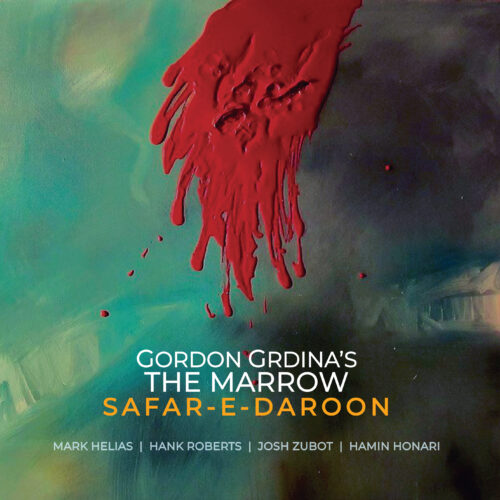
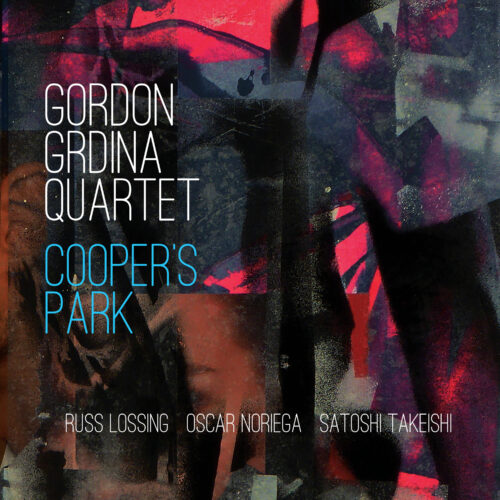
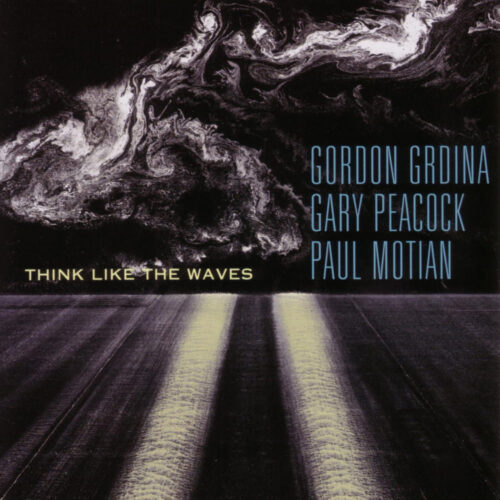
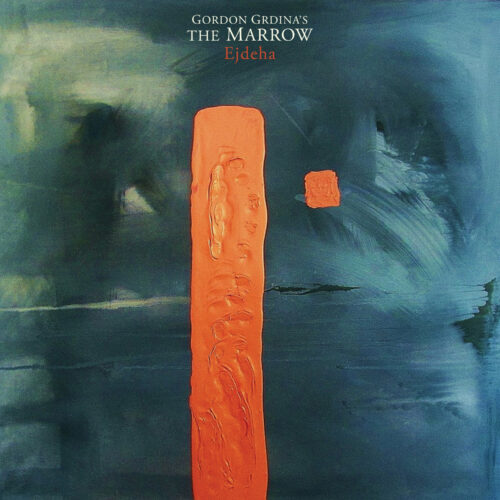
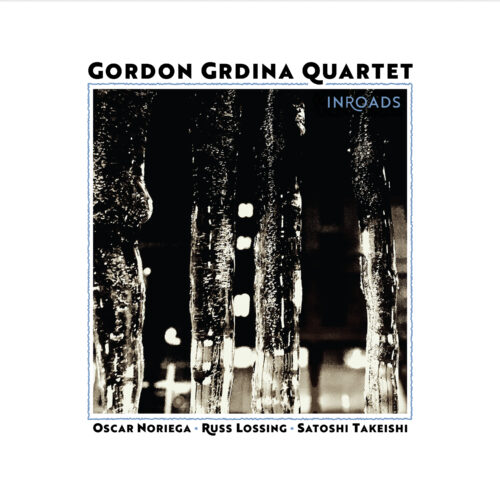
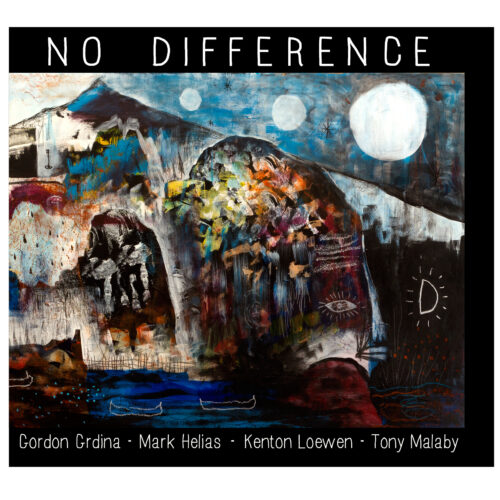
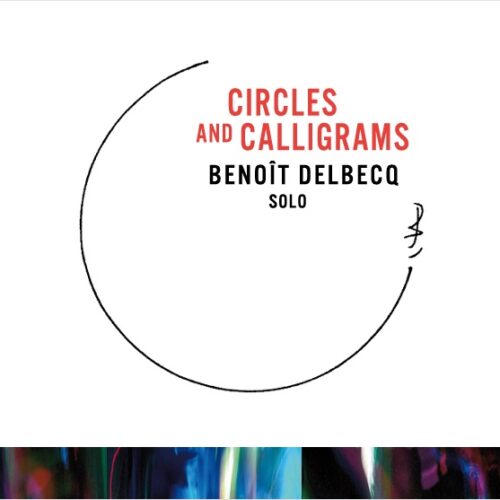
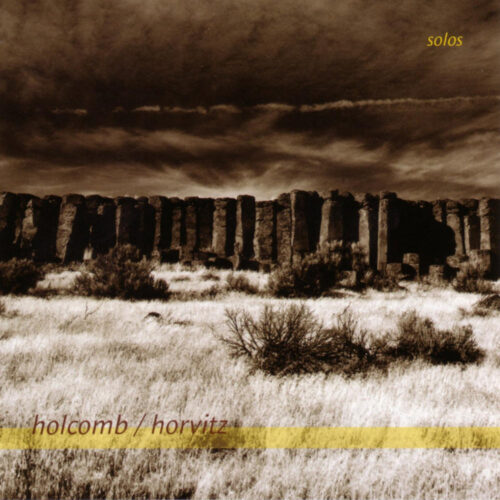
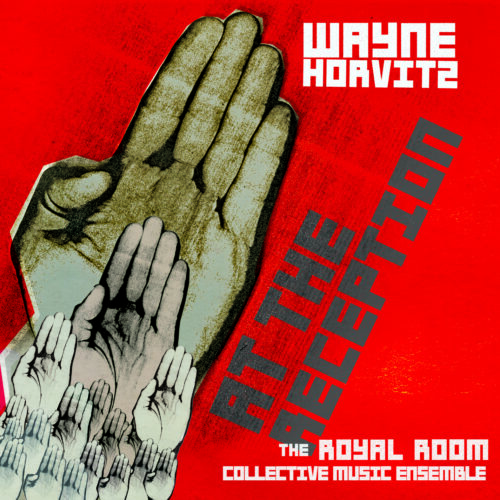
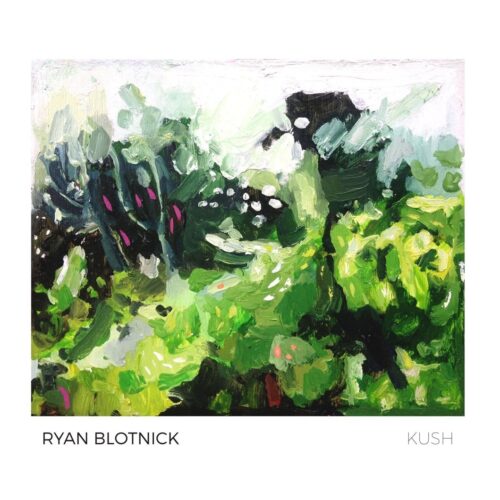
Reviews
There are no reviews yet.